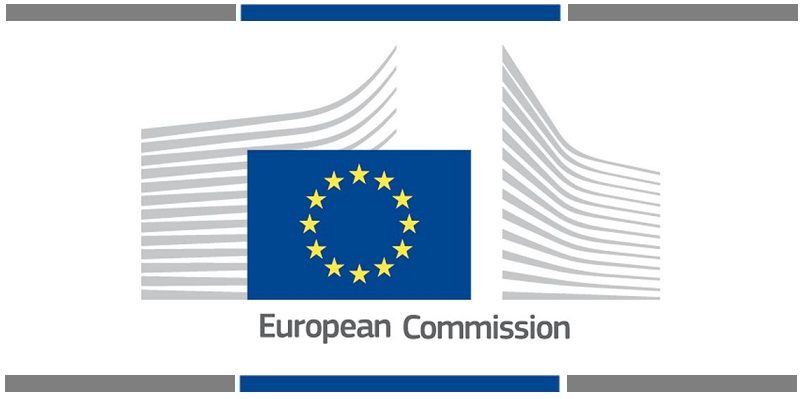Antitrust: Commission publishes findings of the evaluation of the Vertical Block Exemption Regulation

The European Commission has today published a Staff Working Document that summarises the findings of the evaluation of the Vertical Block Exemption Regulation (“VBER”), together with the Vertical Guidelines.
Executive Vice-President Margrethe Vestager, in charge of competition policy, said: “The evaluation has shown that the VBER and the Vertical Guidelines are useful tools that significantly facilitate the self-assessment by businesses of their vertical agreements. At the same time, the market has significantly changed and the evaluation has identified a number of issues that need to be addressed. The Commission will therefore reflect on how to address these issues to ensure that the rules remain fit for a world that is increasingly digital and changing at a fast pace.”
The findings of the evaluation
The evaluation has shown that the VBER and the Vertical Guidelines are still relevant, as they are useful tools that greatly facilitate the self-assessment of vertical agreements, and that help reduce compliance costs for businesses entering into such agreements.
At the same time, the evaluation has shown that the market has changed significantly since the adoption of the VBER and the Vertical Guidelines, in particular due to the growth of online sales and of new market players such as online platforms.
These developments have led to a number of changes in distribution models, such as increased direct sales by suppliers and a greater use of selective distribution systems, which allow suppliers a tighter control over resale conditions. Similarly, new types of vertical restrictions, such as restrictions regarding sales through online marketplaces and restrictions on online advertising, as well as retail parity clauses, have become more widespread.
Against this backdrop, the evaluation has identified a number of issues with regard to the functioning of the rules. These include the following:
. Some provisions lack clarity, such as the rules defining agency agreements.
. Other provisions are difficult to apply or are no longer adapted to the current business environment, notably when it comes to applying the existing rules to new market players that do not fit into traditional supply and distribution concepts and to new online sales restrictions.
. Some gaps are identified in the rules, such as a lack of guidance on how to assess retail parity clauses or restrictions on the use of price comparison websites, and areas that do not refer to case law issued since the adoption of the rules (e.g. the CJEU’s Coty judgment C/230/16).
. There remains significant scope for diverging interpretations of the rules by national competition authorities and national courts, which is an important issue of concern for stakeholders, as it reduces the benefit of the rules.
. While the evidence suggests that the lists of hardcore restrictions and excluded restrictions are generally appropriate, there may still be scope to further reduce the burden for businesses associated with self-assessing the compatibility of their agreements with Article 101 of the Treaty on the Functioning of the European Union („TFEU”). This could be achieved by exempting, in some specific areas of the rules, additional vertical agreements for which stakeholders have indicated that they would normally satisfy the conditions of Article 101(3) TFEU.
. There is also room for simplification and further cost reduction, notably by reducing the complexity of the rules.
The evaluation has concluded that addressing the areas of the rules where there is a lack of clarity or gaps exist, or which have been found to be no longer adapted to recent market developments would improve legal certainty. It would also strengthen the ability of the rules to provide a common framework of assessment for national competition authorities and national courts.
Next steps
During the next weeks, the Commission will launch an impact assessment to look into the issues identified during the evaluation with a view to having revised rules in place by 31 May 2022 when the current rules will expire.
Stakeholders will have the possibility to comment on the inception impact assessment and to provide their views in the context of a public consultation, which is planned for the end of this year. In the course of next year, the Commission will also publish a draft of the revised rules for stakeholder comments.
Dariusz Mazurkiewicz – CEO at BLIK Polish Payment Standard
Banking 4.0 – „how was the experience for you”
„To be honest I think that Sinaia, your conference, is much better then Davos.”
Many more interesting quotes in the video below:









